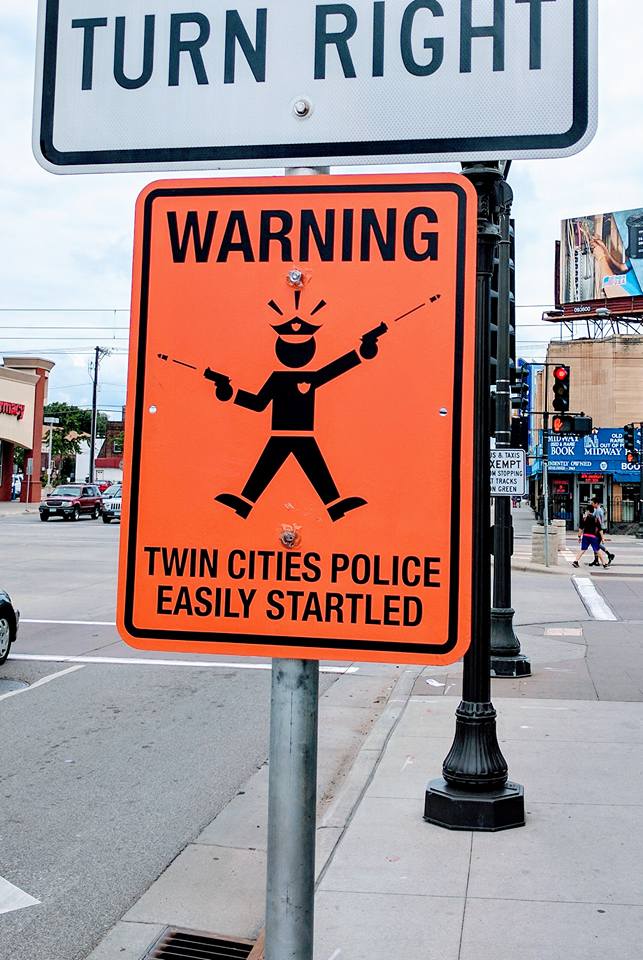Many gun control advocates believe that access control technology should be mandatory on every firearm. The fact that reliable access control technology doesn’t exist is actually part of their strategy since it would act as a de facto gun prohibition. However, the technology does current exist in an unreliable form, which I would argue is as useless as not having access control technology at all:
At the Defcon hacker conference later this week, a hacker who goes by the pseudonym Plore plans to show off a series of critical vulnerabilities he found in the Armatix IP1, a smart gun whose German manufacturer Armatix has claimed its electronic security measures will “usher in a new era of gun safety.” Plore discovered, and demonstrated to WIRED at a remote Colorado firing range, that he could hack the gun with a disturbing variety of techniques, all captured in the video above.
[…]
But Plore showed that he can extend the range of the watch’s radio signal, allowing anyone to fire the gun when it’s more than ten feet away. He can jam the gun’s radio signals to prevent its owner from firing it—even when the watch is inches away and connected. And most disturbingly, he can mechanically disable the gun’s locking mechanism by placing some cheap magnets alongside its barrel, firing the gun at will even when the watch is completely absent.
What good is access control technology if it can be easily used to prevent authorized users from using it and fail to prevent unauthorized users from using it?
As I said above, supporters of mandatory firearm access control technology know that the technology currently doesn’t exist in a reliable form and likely won’t for a very long time. To them it’s just a way to prohibit gun ownership. But there is also legitimate interest in the technology and, unfortunately, it will likely go unfulfilled because of several factors.
The first factor is size. A firearm, especially a handgun, doesn’t offer a lot of room to add reliable access control mechanisms. The second factor is how a firearm operates. A firearm has to contain a small explosion to propel a piece of lead out of a barrel. On modern firearms the firearm then has to have a way to reliably remove the brass casing that held the explosive material and bullet. Reliably removing the brass casing on a semi-automatic firearm usually requires a pretty violent mechanism. So you have a device that is designed around contained explosions and often violent operating mechanisms. It’s not an environment that’s conducive to finicky and fragile parts, which mechanical access control technology, especially of the form that can fit into a firearm, generally involves. The third factor is legal. New Jersey, for example, has a law that will mandate access control technology on all firearms as soon as one firearm is released to market with it. Firearm manufacturers aren’t in a hurry to kick that requirement into play because it would upset their customer base (while access control technology may be desirable by some it’s not desirable by all).
I’m glad Plore demonstrated how ineffective the Armatix gun’s access control mechanism is. There are few things I hate more than unreliable or falsely advertised features on devices. If a gun advertises itself as having access control technology then I want it to work reliably. The Armatix solution obviously doesn’t work reliably and buyers should be aware of that so they can give their money to somebody else.
